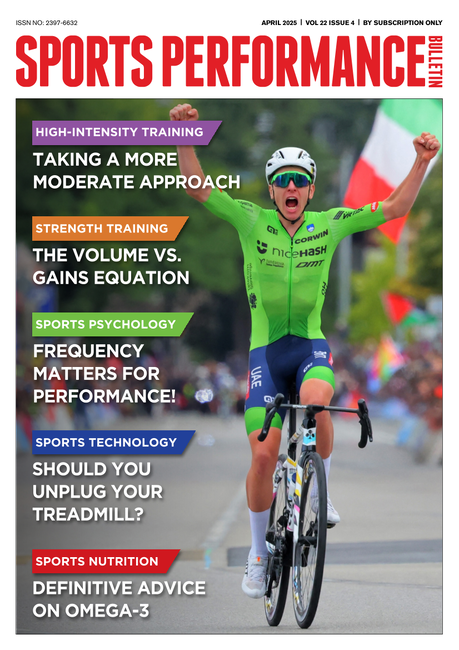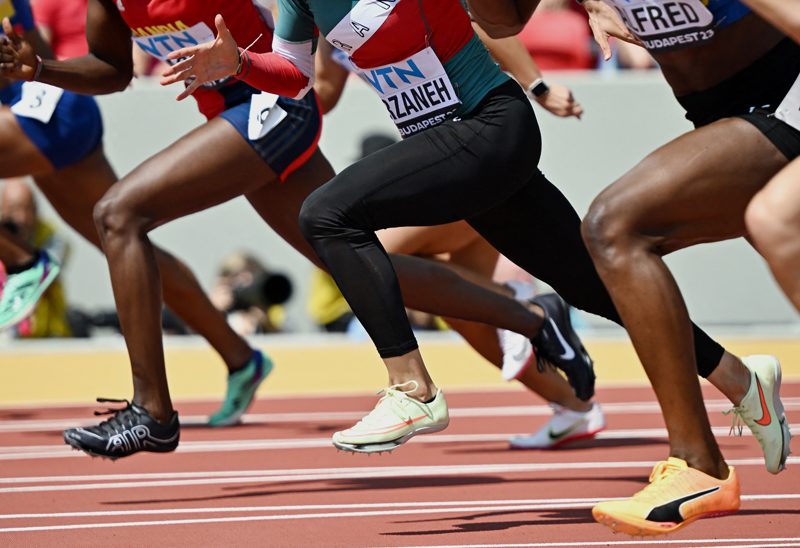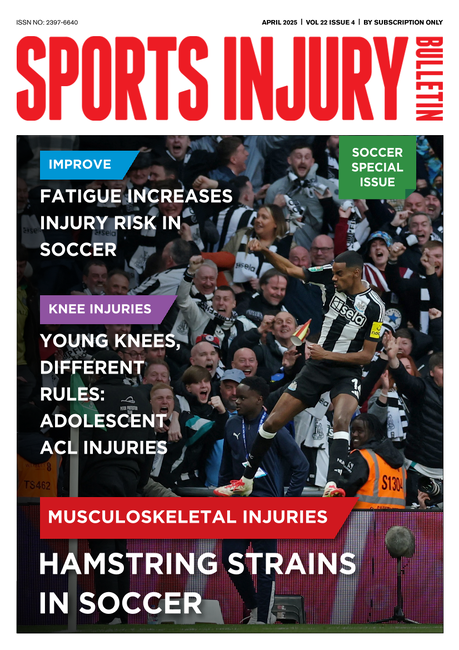Running apps: can they increase your risk of injury?
With the march of digital technology in recent years, the number of training apps available to smartphone users has mushroomed. Particularly useful for endurance athletes are apps that collect and process training data such as distance covered, elevation gained, time, speed and average speed, heart rates, power outputs, recovery index – the list is endless!
With such detailed data that can be processed and displayed at the press of a button, these apps are great for helping athletes to understand the relationship between the kind and volume of training performed, the results obtained and how to structure training going forward. However, a number of apps are now available that not only monitor performance, but (using the data collected) can also prescribe your training programme. But how effective are they? And what about injury risk? Does blindly following a training programme suggested by an app increase the risk of an injury, especially in runners where the risk of injury is significant? This is the question that researchers have tried to answer in a recent study on running apps [Phys Sportsmed. 2018 Feb;46(1):73-77].
Running apps and injury rates
The researchers started from the premise that training errors are known to be an important cause of running-related injuries so they asked this question: given that digital coaching using running applications is becoming increasingly popular and the quality of these applications is largely unknown, what is the relationship between the use of running applications and running-related injuries?
An online questionnaire was used to collect data on the running activities (mileage, speed, frequency etc) of 1,029 runners. This questionnaire also asked about current previous injuries, and the use of any running apps that guided the runners’ training programmes. Once all the data was collected, it was statistically analysed to determine the association between the use of running applications by the runners and the incidence of running-related injuries – ie by weeding out other variables.
What they found
Of all the 1,029 runners included in the study, just under a half (44%) had used a running app in the previous 12 months. And 319 of the 1,029 runners (31%) suffered an injury. But when the data was sifted, it showed that there was no statistically significant association between the use of running applications and running-related injuries – ie using a running app as part of a training programme was no more likely to lead to a running-related injury than not using a running app.
Implications for runners
Based on this study, the good news is that the use of running applications doesn’t seem to be associated with an increased or decreased risk of sustaining a running-related injury. The implication is that running applications can be used by runners without any further implications to guide their training activities. However, the researchers also pointed out that runners should be aware that the use of a predefined running programme (eg the programme prescribed by your running app) IS associated with injury risk. In other words, when following any running programme, runners must still listen to their bodies, and adapt/modify that programme when necessary.
PRACTICAL SUGGESTIONS
- #A running app can be a valuable training tool for runners and the programmes recommended are no more likely to lead to injury than other pre-prescribed programmes. However, every app is different; read reviews, seek advice from other runners and experiment to find the app that works best for you.
- #Don’t blindly follow the training recommendations in an app. If you feel tired or have a niggly ache/pain, be prepared to cut back the recommended training session(s). Likewise, if you are having a particularly good day, you can always extend a workout slightly.
- #It is important that following a previous running-related injury, you should be fully recovered before resuming your training sessions. This is because inadequate recovery from a previous running injury is highly associated with the occurrence of a new injury.
You need to be logged in to continue reading.
Please register for limited access or take a 30-day risk-free trial of Sports Performance Bulletin to experience the full benefits of a subscription. TAKE A RISK-FREE TRIAL
TAKE A RISK-FREE TRIAL
Newsletter Sign Up
Testimonials
Dr. Alexandra Fandetti-Robin, Back & Body Chiropractic
Elspeth Cowell MSCh DpodM SRCh HCPC reg
William Hunter, Nuffield Health
Newsletter Sign Up
Coaches Testimonials
Dr. Alexandra Fandetti-Robin, Back & Body Chiropractic
Elspeth Cowell MSCh DpodM SRCh HCPC reg
William Hunter, Nuffield Health
Keep up with latest sports science research and apply it to maximize performance
Today you have the chance to join a group of athletes, and sports coaches/trainers who all have something special in common...
They use the latest research to improve performance for themselves and their clients - both athletes and sports teams - with help from global specialists in the fields of sports science, sports medicine and sports psychology.
They do this by reading Sports Performance Bulletin, an easy-to-digest but serious-minded journal dedicated to high performance sports. SPB offers a wealth of information and insight into the latest research, in an easily-accessible and understood format, along with a wealth of practical recommendations.
*includes 3 coaching manuals
Get Inspired
All the latest techniques and approaches
Sports Performance Bulletin helps dedicated endurance athletes improve their performance. Sense-checking the latest sports science research, and sourcing evidence and case studies to support findings, Sports Performance Bulletin turns proven insights into easily digestible practical advice. Supporting athletes, coaches and professionals who wish to ensure their guidance and programmes are kept right up to date and based on credible science.









